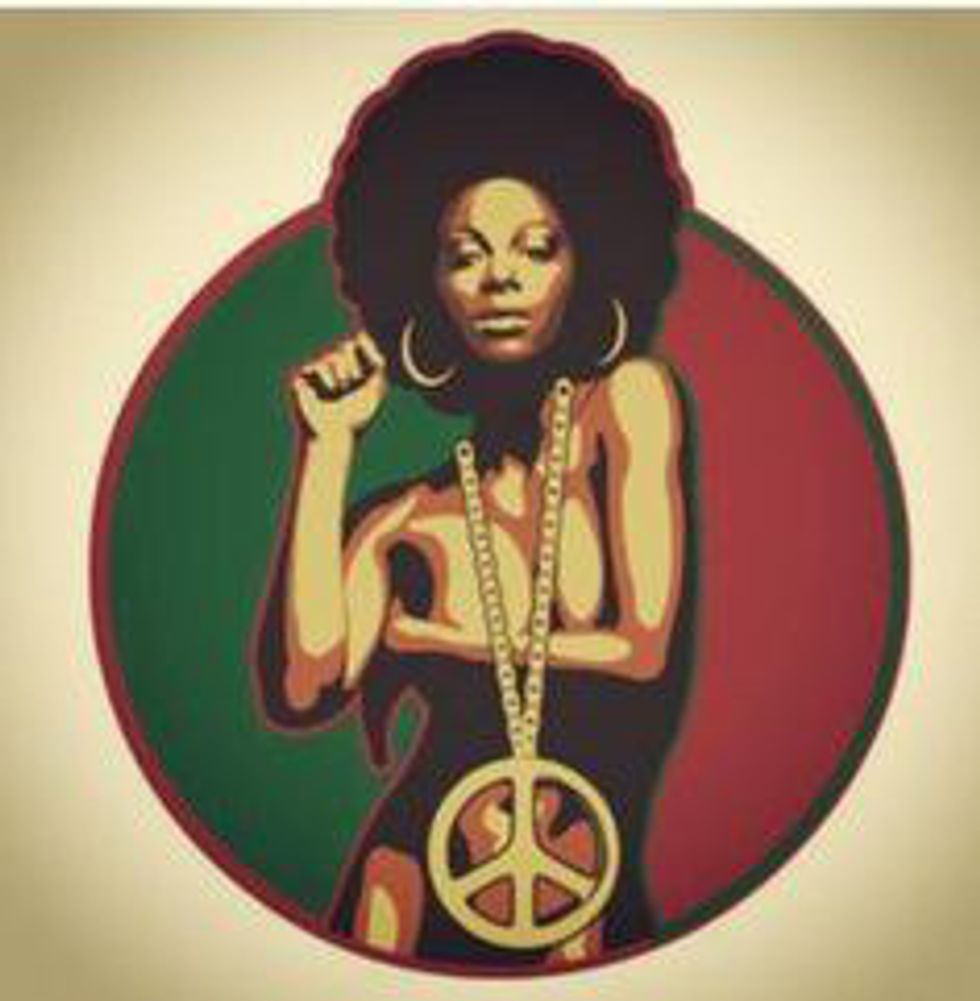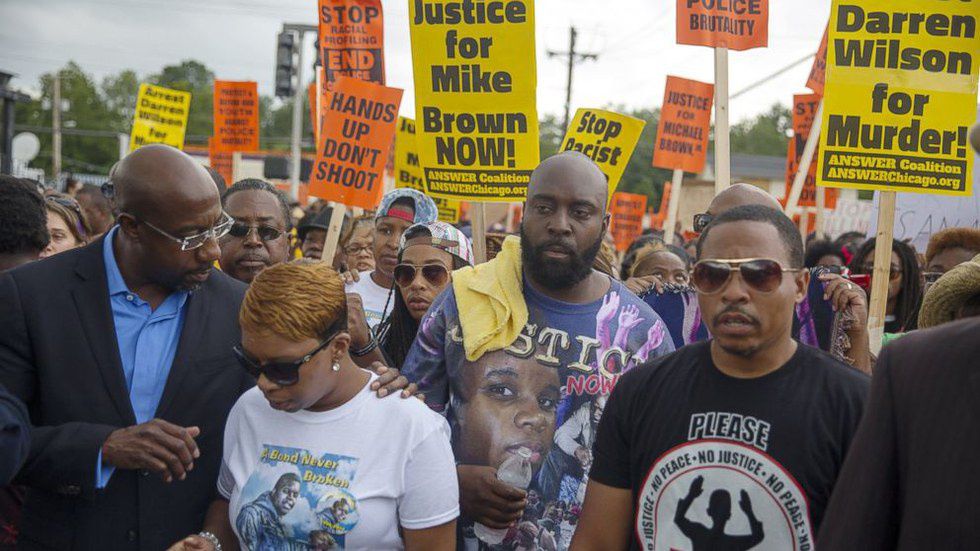As we have approached the New Year of 2016, we have fully entered into a new year of “pro-black” activism. Recently, the decline of indictment for the police officers involved in the Sandra Bland case and the conviction of Bill Cosby has created a deep split in what seems to be pro-black activism amongst black men and women across the nation.
One thing that is very interesting about this conversation is the immense evidence of black male privilege and internalized misogyny within the “Pro-Black” movement. It seems like there has been a more male-focused undertone in the discussion of “Pro-Black” issues, centralizing a conversation around black male protection.
The most in-depth parts of the “Pro-Black” conversation focuses on things like mass incarceration of Black Men, police brutality against Black Men, the absence of Black Men in the home, and many other issues surrounding race and the black male social crisis. In this, we see the privilege operate when building a comparison between Sandra Bland and Michel Brown. BLM activist still aren’t accustomed to defending and upholding a black women’s injustice the same way that they have Michael Brown, a black boy's injustice. Recently, the officers in the Sandra Bland case were not indicted on the 8 counts of murder that 8 police officers were charged with on the case, however when the police officer involved in Mike Browns death was not indicted for his murder within hours, the riots and protests began immediately after the verdict.
While yes, we are talking about different times in the movement being August 2014 for Mike Brown and July 2015 for Sandra Bland, we began to see a very clear distinction between the levels of importance and a lack of intersectionality in the response from people who claim to be “Pro-Black”.
If one is Pro-Black, shouldn’t they be in support of the liberation and support of all black people experiencing different levels of oppression? It's certainly clear to me and some other bloggers at www.everydayfeminism.com, that to be Pro-Black is to Loving Blackness, lifting up Blackness, and asserting Black Power. Some seem to believe that there is a standard requirement to be supported by persons who identify as Pro-Black, which is one must be male. Look at the way we defend people, men, who sag their pants and shoot people in our neighborhoods while, simultaneously, ridicule black women in these same neighborhoods who have children out of wedlock, part take in government assistance, or do not fit the traditional standards of the perfect women within Eurocentric undertones (straight long hair, lighter colored eyes, slender bodies etc).
Our “Pro-Blackness”, to me, needs a major overhaul for 2016. We need to open our approach to what it look like to be black and proud. With the help of hashtags like #CareFreeBlackGirl and #BlackGirlMagic we have begun to include women and girls in our advocacy for blackness celebrated through the means of social media. With hashtags like #BlackMenInSuits, we have begun to cherish black men in healthy and productive spaces that progress our people while at the same time, include the key values as displayed by the Womanist movement that continues to create a stronger relationship between black men and black women.
Some “Pro-Black” activist refuse to abandon their homophobia, misogyny, and privilege mindsets rejecting this new movement to include women into this concept of black social liberation. “Pro-Black” that is only exclusive to heterosexual men cannot possibly be Pro BLACK at all, for their liberation resembles that of a wolf in sheep’s clothing, parading around as if they didn’t have these suppressed hateful perceptions about people who, socially, are not like them. Women and LGBTQA black people seem to not be included in this particular Pro-Black movement given our need to justify in our churches that gays are an abomination, that women cannot be religious leaders, that children need to be whooped to fix their problems (ignoring the mental illness and behavioral issues), that you can shout and scream institutionalized racism and economic inequality away, that as long as you pray your tithe and offering you will be blessed out of poverty, and the many other things that we explain in our churches that appear to be Pro-Black places. I don’t know about you, but growing up in a radical, black academic, woman lead ministry of worship, it’s difficult to understand how people are brainwashed in churches and in some BLM groups to believe that this is what being “Pro-Black” looks like.
While at a far, this might look like what being Pro-Black is, in 2016, we need to abandon this type of Pro-Navy Blueness that is often times confused as Pro – Blackness. Pro-Blackness without these concepts of intersectional Womanism is not being “Pro-Black” at all but looking “Pro-Black”: Pro–Navy Blue…








 Energetic dance performance under the spotlight.
Energetic dance performance under the spotlight. Taylor Swift in a purple coat, captivating the crowd on stage.
Taylor Swift in a purple coat, captivating the crowd on stage. Taylor Swift shines on stage in a sparkling outfit and boots.
Taylor Swift shines on stage in a sparkling outfit and boots. Taylor Swift and Phoebe Bridgers sharing a joyful duet on stage.
Taylor Swift and Phoebe Bridgers sharing a joyful duet on stage.













